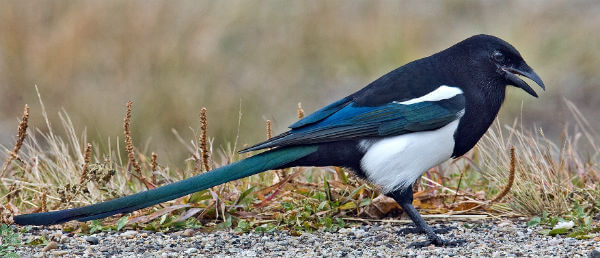By Anthony Booth, University of Sussex
Every time we are shocked by a new terrorist atrocity, or when a surge in hate crimes takes hold in a country, we lament the malign grip of extremism. But what exactly do we mean when we say that someone holds extreme beliefs? And what exactly is wrong with extreme beliefs? Frankly, there has been little work in western philosophy to tackle these questions. Luckily, however, we can look to the work of a medieval Islamic philosopher – Abu Nasr al-Farabi – to help us find some answers.
Let’s consider two possible models for conceptualising extreme belief. One we might call the “defective belief model” which has become the tacit consensus view of the contemporary West. The other is the “over-belief model” favoured by al-Farabi, one of the great figures of the Islamic golden age of medieval philosophy, who lived in Baghdad in the 9th and 10th centuries. Al-Farabi is well known for his contributions to logic – his contemporaries gave him the moniker “the Second Master”, suggesting that only Aristotle surpassed his logical prowess. In Europe, he was better known as Alfarabius.
I want to make some conceptual points against the Western model of extremism and some in favour of al-Farabi’s.
Let’s begin by taking a look at the idea of defective belief. Under a version of this model, someone has extremist beliefs when they believe propositions that are morally bad to believe, such as that racism is permissible, or that it is permissible to target non-combatants during war.


